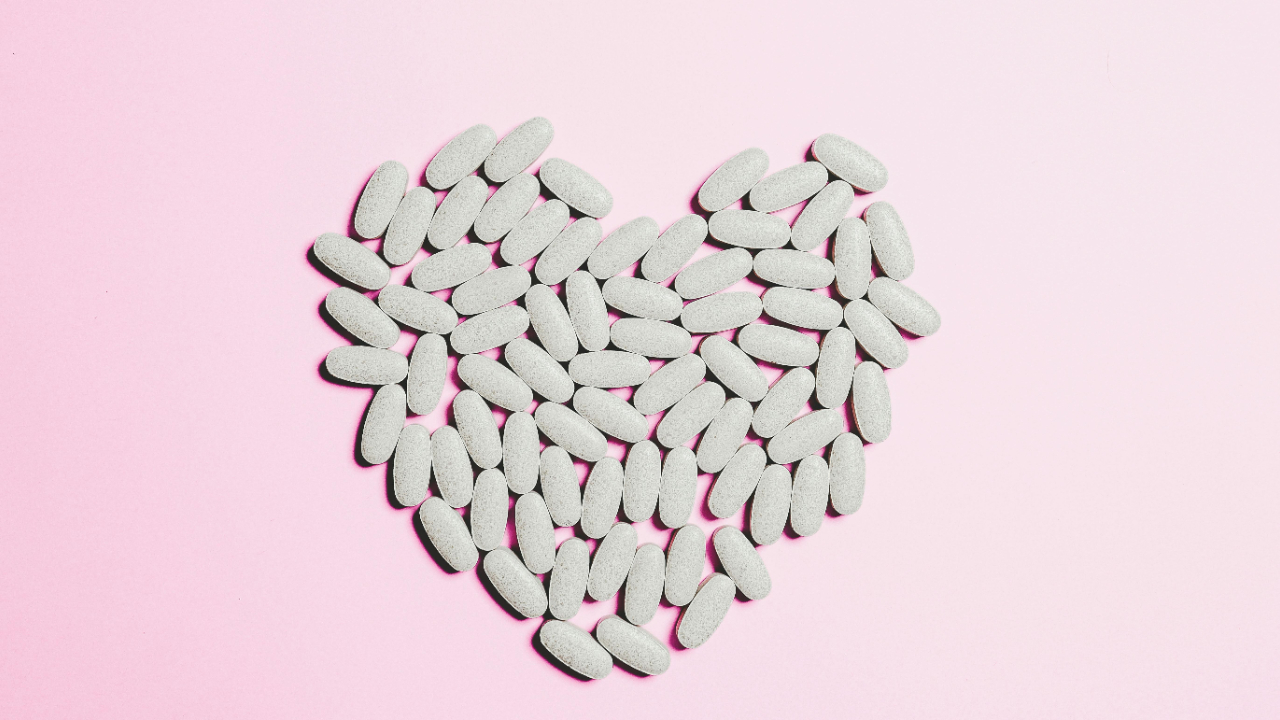PMDD Treatment Options: A Comprehensive Guide

Living with PMDD can feel like a constant uphill climb, but the good news is there are treatment options available that can help you regain some control. While there’s no one-size-fits-all solution, finding the right combination of treatments tailored to your unique experience can make a world of difference.
This guide walks you through the main treatment options for PMDD so you can explore what might work best for you, alongside the support of your healthcare provider.
1. Lifestyle Adjustments: The Foundation of PMDD Management
Sometimes the smallest changes can have the biggest impact. While lifestyle adjustments aren’t a cure for PMDD, they can form a solid foundation for managing symptoms. The effort we put into our bodies all month around always pays off at luteal.
Diet
- Focus on balance: Eating regular, nutrient-dense meals can help stabilise your blood sugar, which is key during the luteal phase.
- Limit caffeine and alcohol: Both can worsen anxiety and mood swings for some people.
- Boost magnesium and vitamin B6: Found in foods like leafy greens, nuts, and whole grains, or consider supplements if recommended by your doctor.
Exercise
Regular movement, even gentle activities like yoga or walking, can help release mood-boosting endorphins and ease tension.
Sleep
Prioritising rest is crucial. Create a calming bedtime routine and aim for 7–9 hours of sleep to support your body and mind.
2. Supplements and Nutraceuticals
For some, supplements can provide relief alongside other treatments. Always consult with a healthcare professional before starting any new supplement.
- Calcium: Studies suggest that calcium supplements may reduce PMDD symptoms like mood swings and fatigue.
- Magnesium: Known to support relaxation and reduce anxiety.
- Chaste Tree (Vitex): A herbal remedy that may help regulate hormones.
- Omega-3 Fatty Acids: These can support brain health and may help with mood regulation.
3. Hormonal Treatments
PMDD is rooted in sensitivity to hormonal changes during the menstrual cycle. Hormonal treatments aim to reduce or stabilise these fluctuations.
- Combined Oral Contraceptives (COCs): Certain birth control pills, particularly those containing drospirenone and ethinyl estradiol, are often prescribed for PMDD. These can help by suppressing ovulation and stabilising hormone levels.
- GnRH Agonists: These medications temporarily induce a menopausal state, halting the hormonal fluctuations that trigger PMDD. They are typically used as a short-term option under close medical supervision.
4. Antidepressants (SSRIs and SNRIs)
Selective serotonin reuptake inhibitors (SSRIs) are one of the most well-researched and effective treatments for PMDD. Unlike depression, SSRIs for PMDD are often taken only during the luteal phase or continuously, depending on individual needs. (Isn't this interesting! Many of the women I work with just take a small dose one week a month and it takes the edge off).
Common options include fluoxetine, sertraline, and escitalopram. They work by boosting serotonin levels, which can help regulate mood and reduce other symptoms like irritability or fatigue.
5. Support Groups
Joining a PMDD-focused support group, like this free Support Group can be a powerful tool for navigating the emotional challenges of PMDD. Research has shown that peer support groups foster self-compassion, reduce feelings of isolation, and improve overall well-being.
In a group setting, participants gain:
- Shared understanding: Connecting with others who truly “get it” can reduce the loneliness PMDD often brings.
- Emotional validation: Hearing others’ stories can normalise your experience and provide reassurance.
- Practical strategies: Members share coping techniques, routines, and insights tailored to the luteal phase.
- Self-compassion: Studies have found that being part of a supportive community increases self-kindness and reduces self-criticism, which can be particularly challenging during PMDD episodes.
While support groups aren’t a replacement for clinical treatments, they offer something uniquely transformative: connection. They remind you that you’re not alone in your journey and that healing doesn’t have to happen in isolation.
6. Surgical Options
In extreme cases, when all other treatments have failed, some people consider surgery to manage PMDD. This involves a bilateral oophorectomy (removal of the ovaries) and is typically followed by hormone replacement therapy (HRT).
7. Complimentary Therapies
In addition to traditional treatments, some complimentary therapies may provide relief:
- Acupuncture: Can help reduce stress and balance energy levels.
- Meditation and Mindfulness: Practices like deep breathing and body scans can help manage PMDD-related anxiety.
- Herbal Medicine: Options like St. John’s Wort and evening primrose oil may offer relief for some, but consult a healthcare provider before use.
Finding Your Path
PMDD treatment is deeply personal. It often takes time, patience, and trial-and-error to discover what works for you. It’s okay to experiment with different approaches, combining treatments or shifting gears when something isn’t helping.






